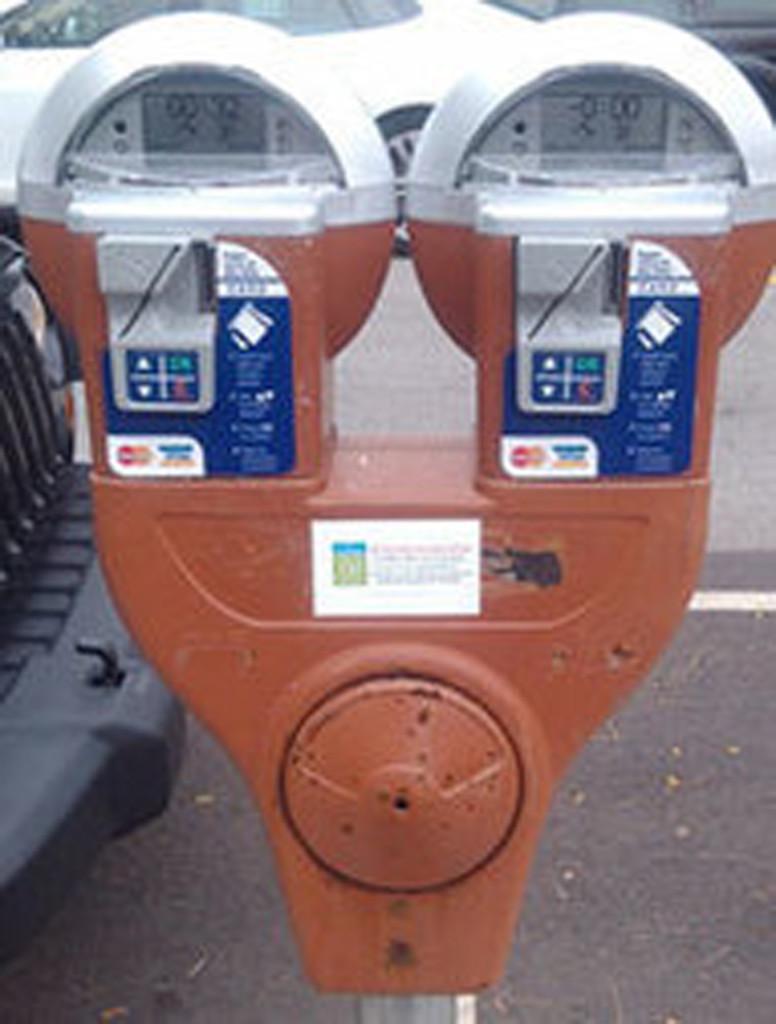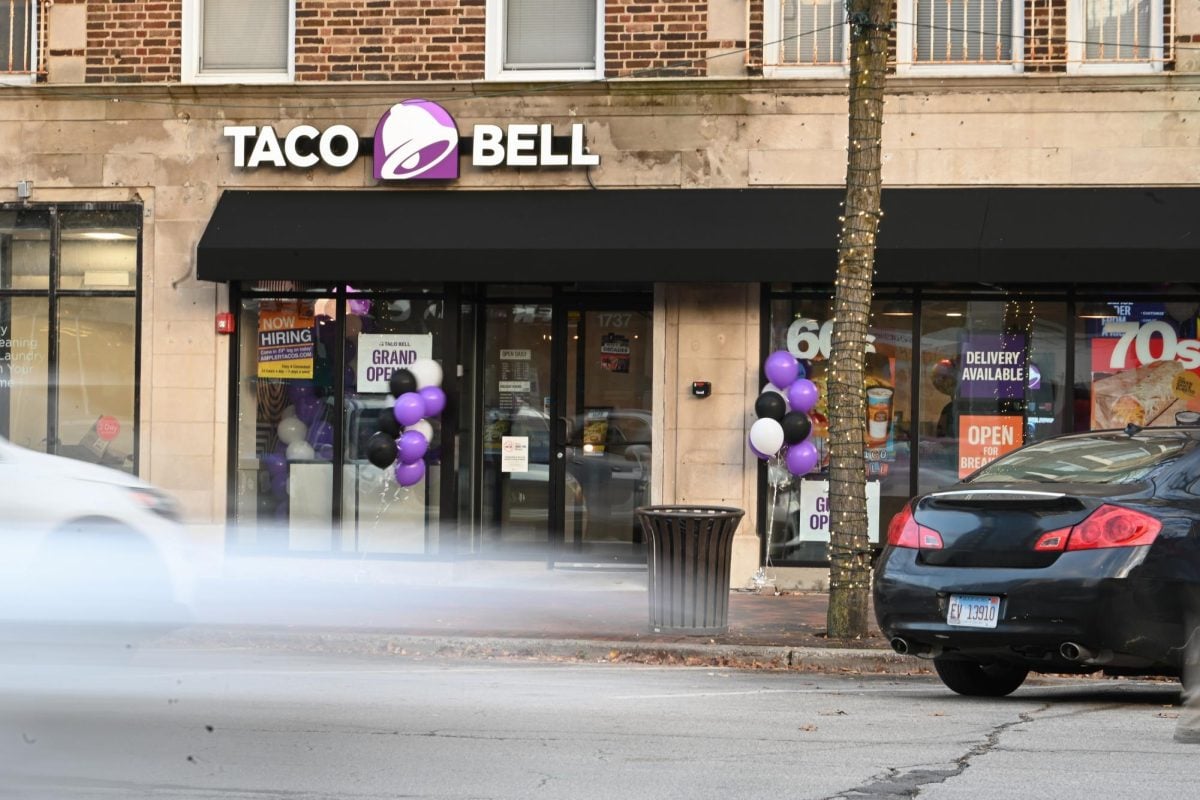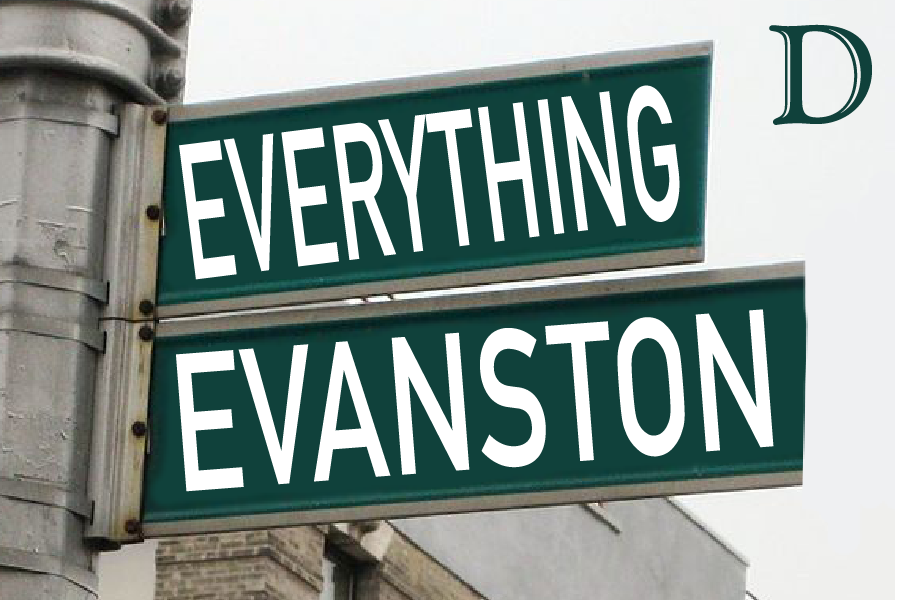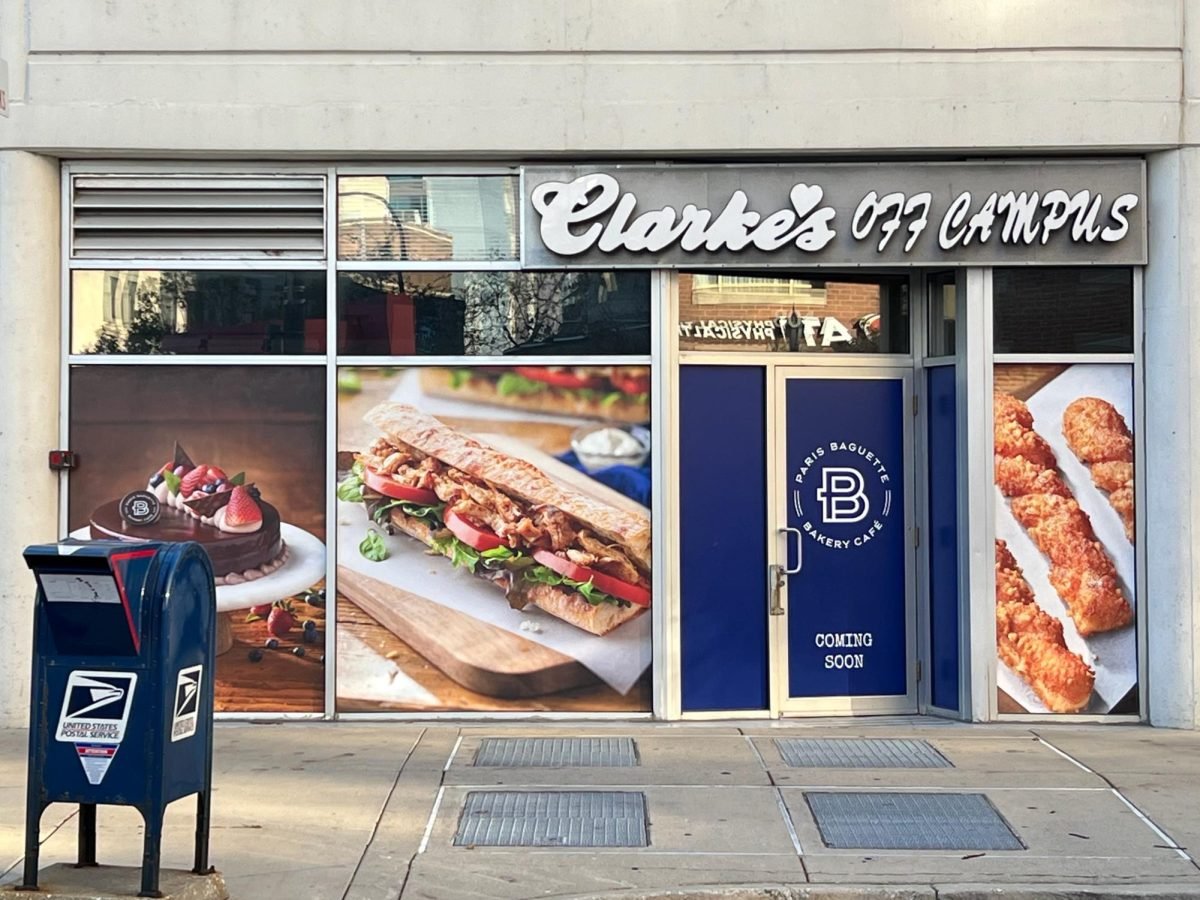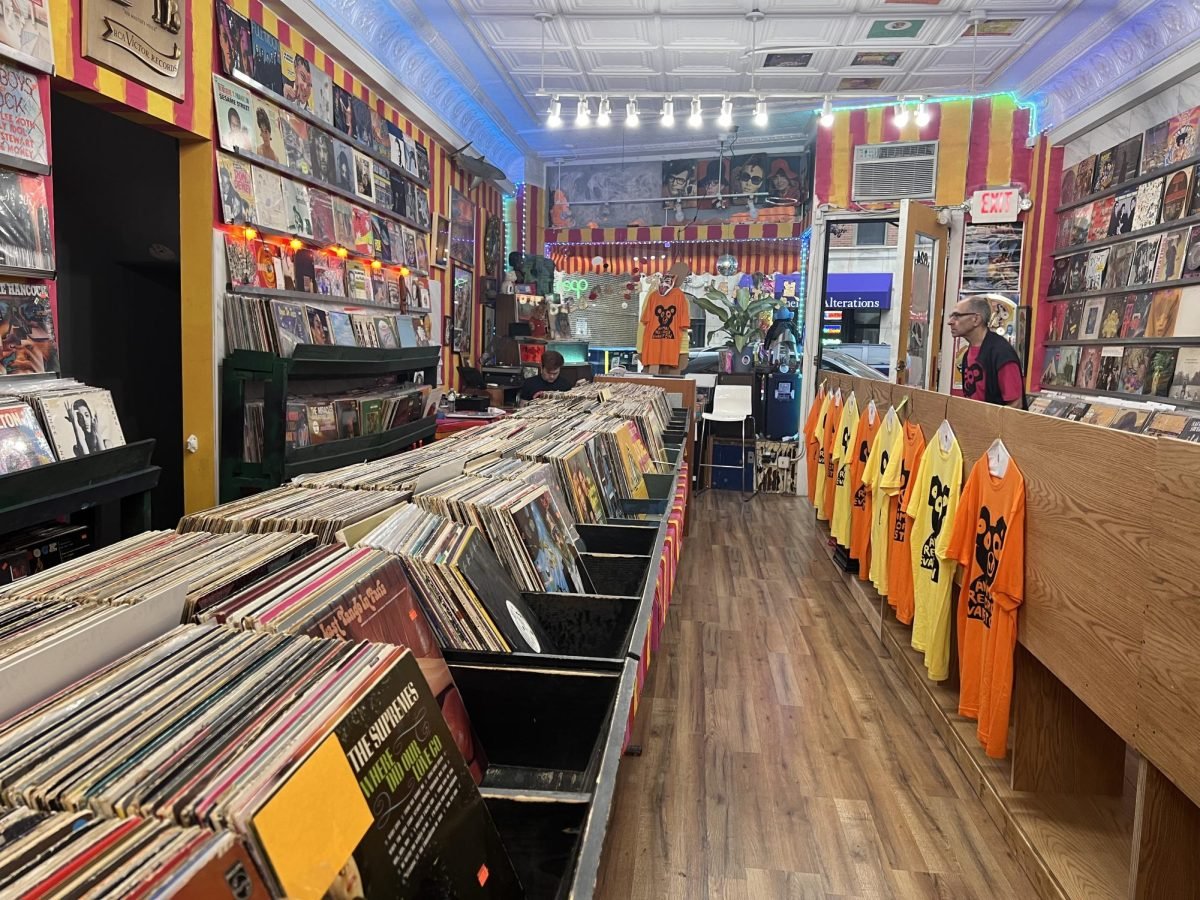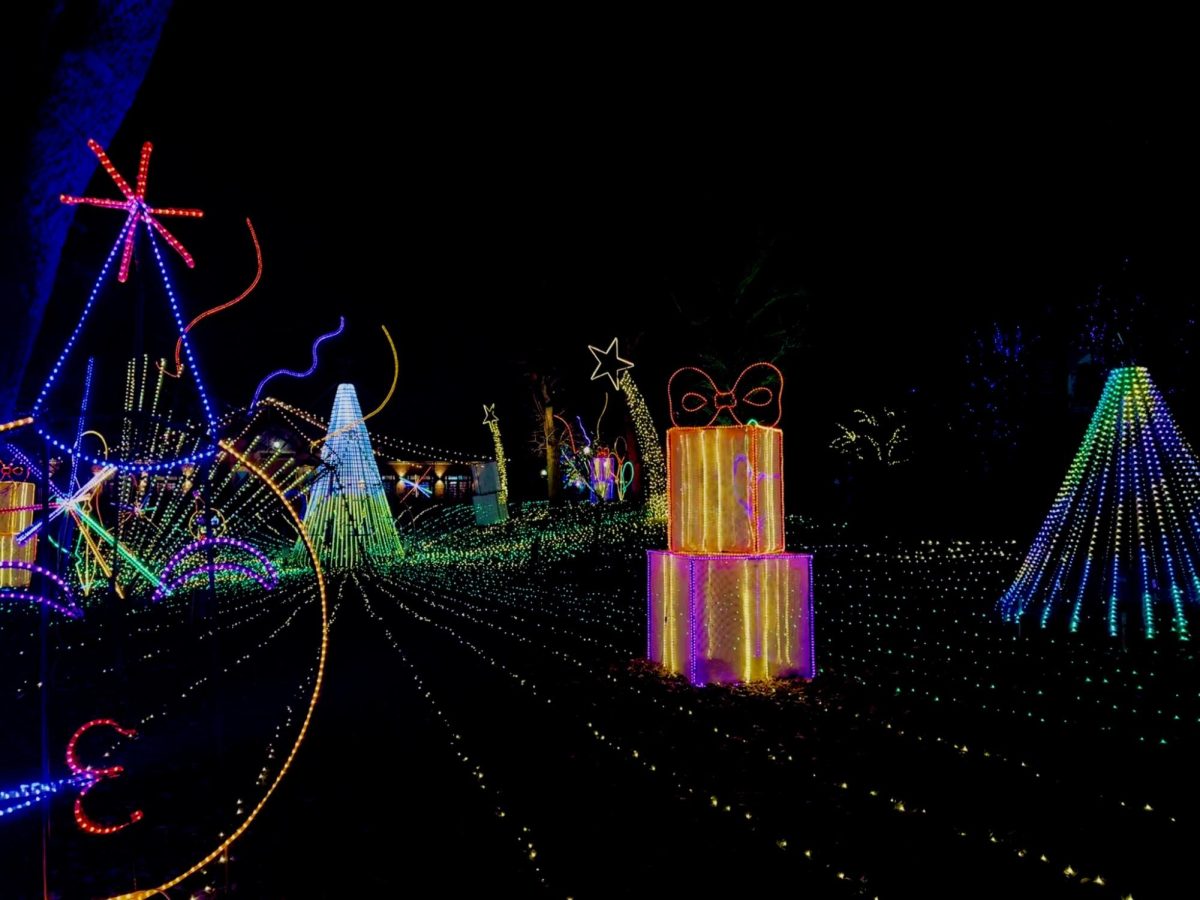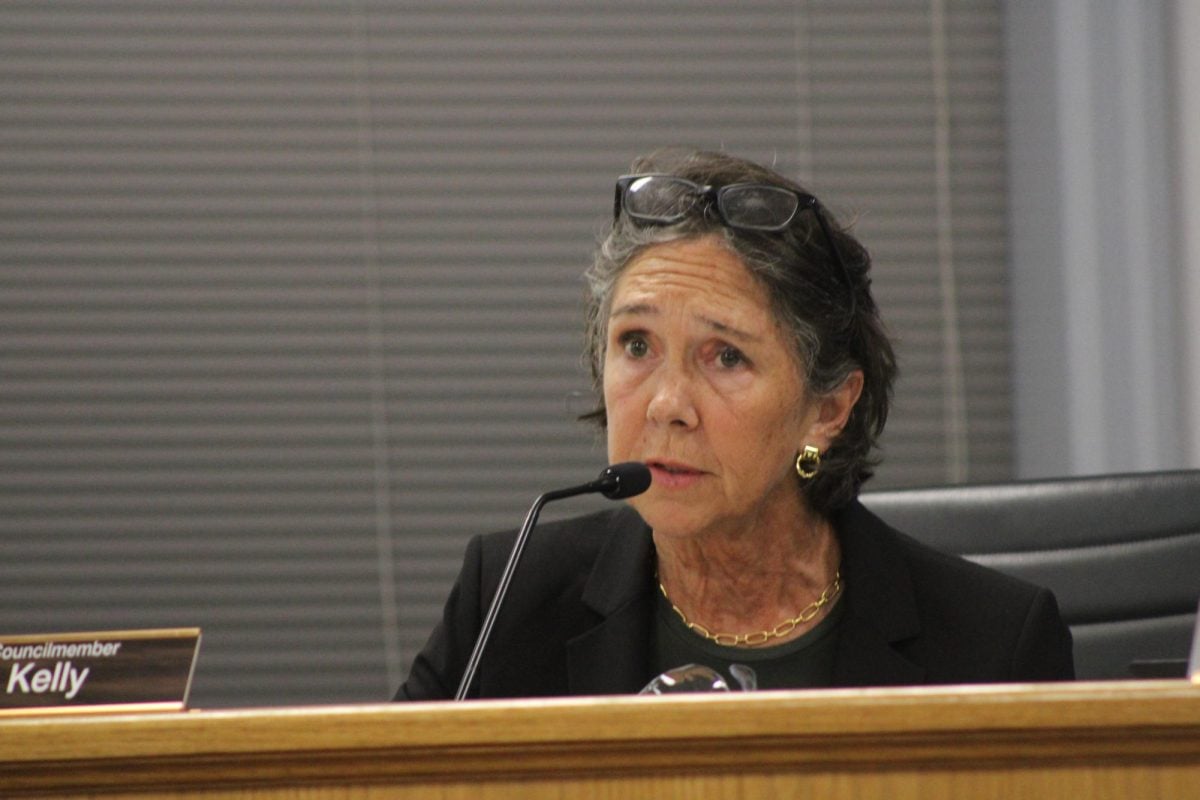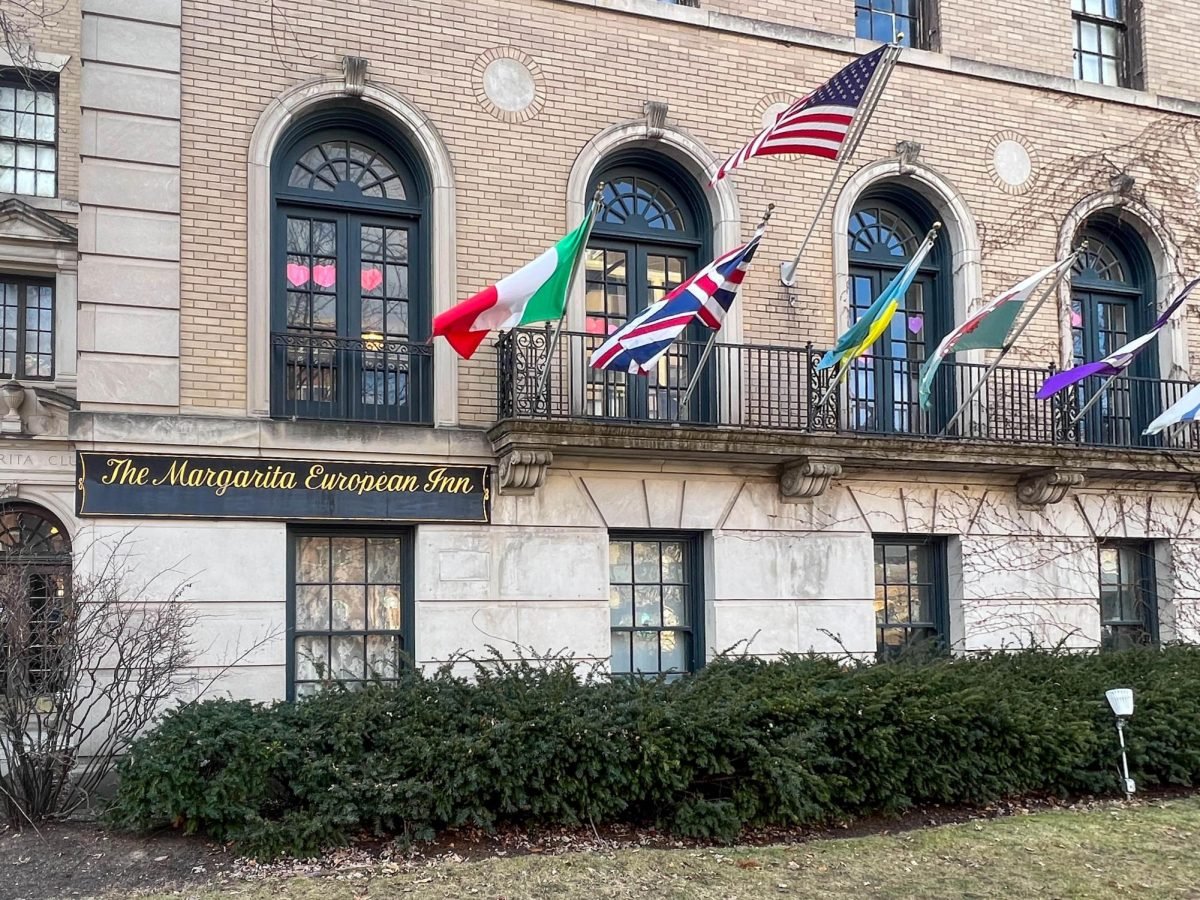Evanston officials said Wednesday evening they hope the city’s new solar-powered, credit card-enabled parking meters and pay stations will result in fewer parking tickets.
The city is working to replace its current parking payment equipment in an effort to make the process more convenient and environmentally friendly. Fifty single-space parking meters and two pay stations have been installed throughout Evanston for residents to test out. The city has been asking drivers to fill out surveys about the new technology since earlier this month.
At a Transportation and Parking Committee meeting, revenue and parking manager Rickey Voss said he believes the credit card option will lead to more people paying for the maximum two hours allotted for their space, which will reduce accidental parking violations for expired meters and thus result in fewer parking fines.
“There is the intangible benefit … that we become a parking-friendly city, as opposed to what our reputation is, which is an intensely parking-unfriendly city,” said Ald. Melissa Wynne (3rd), committee chair. “We have this reputation as being ‘those vultures who are just waiting for me,’ and I think now we won’t write as many tickets.”
It may take the city more than four years to recover the $1.1 million cost of the project, assistant city manager Martin Lyons said.
Because the cost will come from taxpayer dollars, both Voss and Wynne stressed the importance of resident input in deciding between meters and stations. They pointed out that each ward may have different needs and preferences based on the number of bikers and the clutter of the streets.
“I think it’s only fair to the residents, the elected officials, the average consumer and to the businesses that we should have input,” Voss said. “We don’t want to go the route of other communities where they pick something and force it down your throat, and then you live with it.”
He said the meters are less expensive than the stations, but the latter is more visually appealing.
The committee also discussed the possibility of a cell phone-based payment method, which would allow drivers to pay for parking from their phones with an account based on their car’s license plate number.
Voss said his goal is to have recommendations on where to place each piece of new equipment based on survey data by Dec. 12 and install it by March.
The city is accepting questionnaires on the new parking technology until Nov. 5. The survey can be accessed on the city website or via text message using telephone numbers posted at each new meter and station.
Email: [email protected]
Twitter: @kellyagonsalves
